Money ruins everything. It messes with your brain and changes the way you think about things. When you start a side hustle to make money, there is going to be a trade-off–a cost of doing business, as it were–and that means giving up something else in order for your goal to work out.
In this article, I am going to talk about how money has made my miniature painting hobby initially worse–then better, when I realized what I was doing wrong.
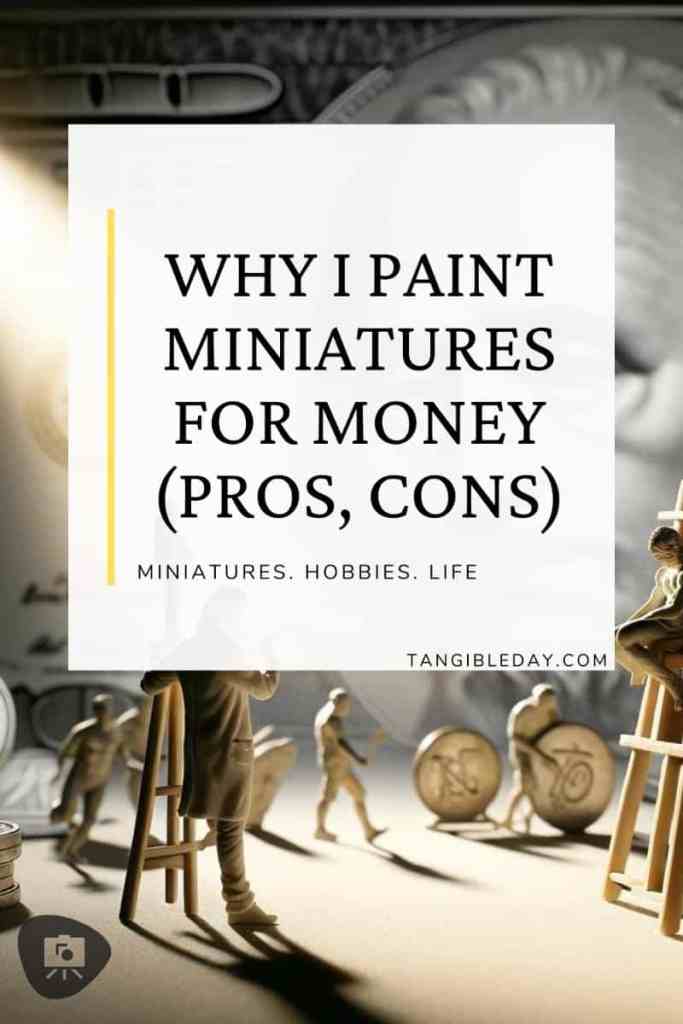
If you are reading this, you are probably a fellow artist who is hoping for tips on how to make extra cash from your artistic hobbies, or perhaps you are new to the world of art and thinking of ways you can grow your skillset in order to bring something new to the table in your 9-5 job. Or, simple you’re the curious type to know how money ruins things….
RELATED: CAN YOU MAKE A LIVING PAINTING MINIATURES FULL TIME?
My hope is that this article will help you avoid some of the pitfalls I have fallen into in my efforts to make money painting miniatures on commission–and perhaps give you an idea of how to use your artistic hobbies, not just for fun, but also as a way to build new skills or expand your professional portfolios and engage with your community in new (and better) ways.
Let’s Get Started: “The Fall”
I have been painting miniatures for more than 15 years–which is, honestly, not a very long time compared to many in the hobby. At this point in my life it had become more of a mental escape than anything else… but one day something changed.
I get a text message asking if I would be interested in doing some commission miniature painting. It was a huge ask for a large Warmachine army.
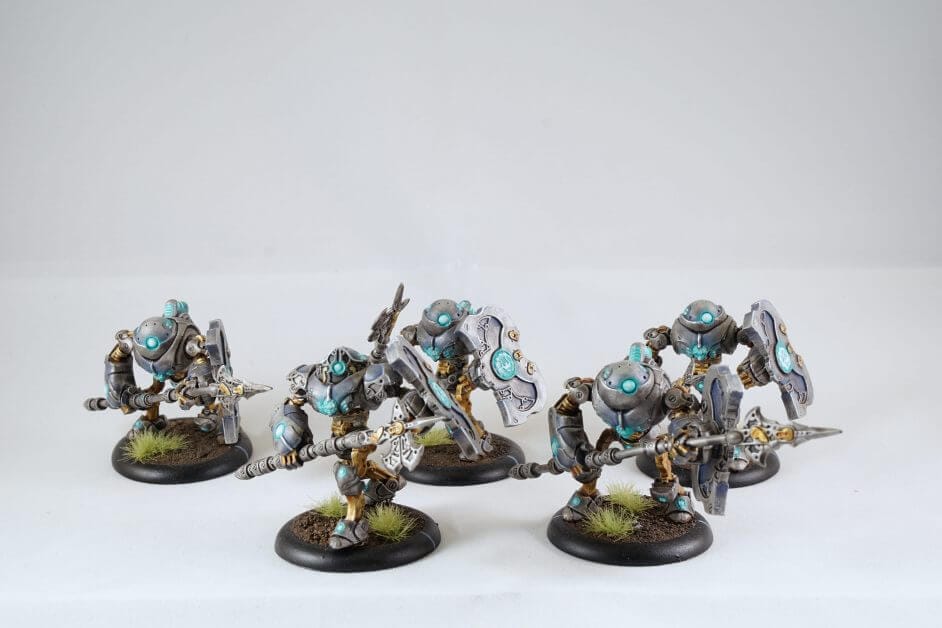
It seemed like an interesting opportunity, but at that point money didn’t factor into the equation–it was just fun to paint miniatures for myself! But it did get me thinking… why not try to make a little extra pocket money on the side?
This is where everything went downhill.
I started thinking differently about painting miniatures, and soon the fun was gone–replaced with stress and anxiety. I began to focus on speed of execution rather than quality of workmanship. Painting minis became more like taking out the trash, so I could put in an hour or two, get paid, and feel like I was worth something that day.
I began to paint the minis I really didn’t want to paint, because it just “made sense” in order to get done and be paid sooner.
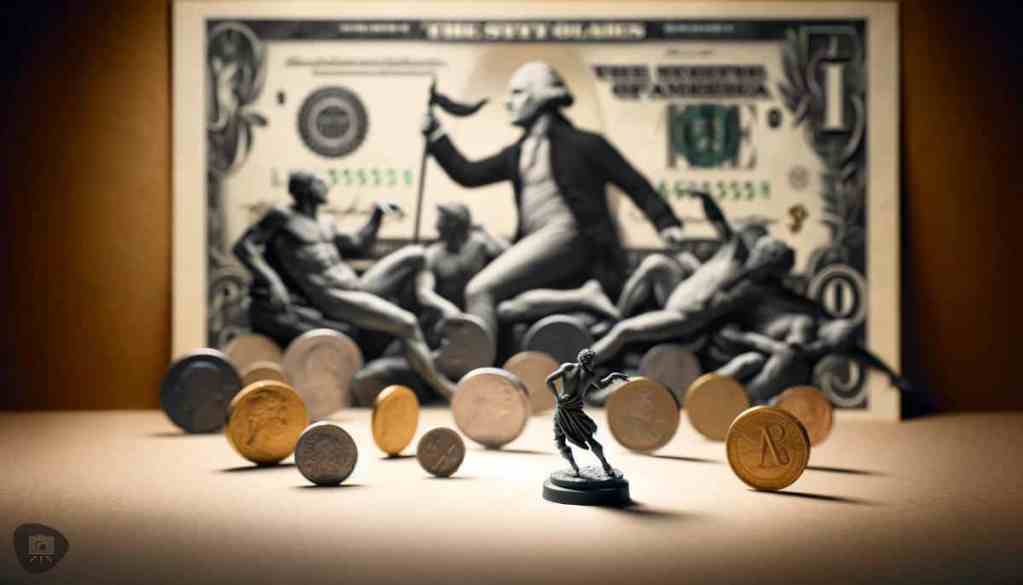
How Did I Fall into the Trap of Money?
In order to make money from your hobby you often have to sell out on what it is that originally drew you to the hobby. This can mean a number of things, but it’s almost always detrimental. As a commissioned miniature painter, receiving money for a painting project often lowers the level of fun.

You often become less concerned about the quality of your work and more concerned with getting paid. When you’re doing something for yourself there is no end goal; you create it because that’s what you enjoy. There’s no time limit, no schedule to meet or quota to fill, it’s just something you like doing.
However, when doing anything in order to make money you start to put a real value on your time. You have a limited amount of it and thus put an artificial limit on how long you can spend on anything, including what you enjoy doing.
Money Ruins Your Sense of Time
Paradoxically, being more conscious of your time diminishes the joy of using your time.
For example, let’s say that you enjoy painting miniatures. You’ve decided that you want to paint more miniatures in order to get yourself out there and make some money doing something you love. This means that every minute spent on your hobby is taken into account. If it takes you one hour to do a simple miniature, then you need to make at least $10 per hour.
It is natural to put a value on your time, but it can be detrimental in the long run if you are not careful. You start taking shortcuts with your hobby that you wouldn’t normally take because why spend too much time on something when you’re just doing it for fun?
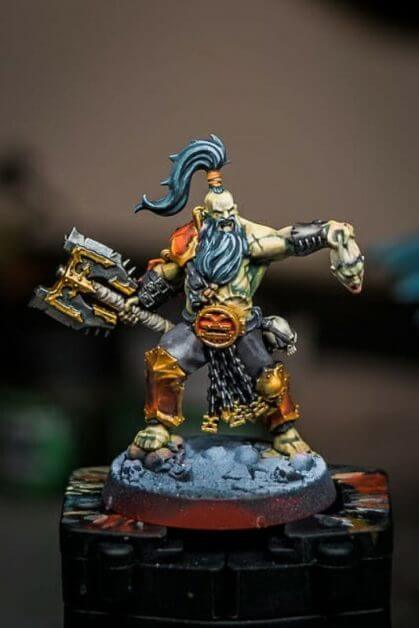
As a result of doing your hobby for money, you don’t get faster at your hobby; instead, you take shortcuts and end up with lower quality work.
When you put a monetary value on something, you will always strive for greater efficiency in order to get the most out of your efforts. This only serves to diminish the fun aspect of your hobby. When people sell art or any creative work, there is a tendency to view it as a product. A product that someone else evaluates or judges as valuable, is something that may end up different than the original vision of the artist.
Something Had to Change–But, What?
The first step towards fixing this problem was realizing that I was painting miniatures to make money. As someone who wants to enjoy their hobby while making some side cash, I’ve tried to find a balance.
This sounds like a no-brainer, but when you are in the middle of it all, this change feels like an impossible task. The key here is that it’s not about making money–it’s about focusing on WHY you want to make money in the first place… and what will happen if you don’t.
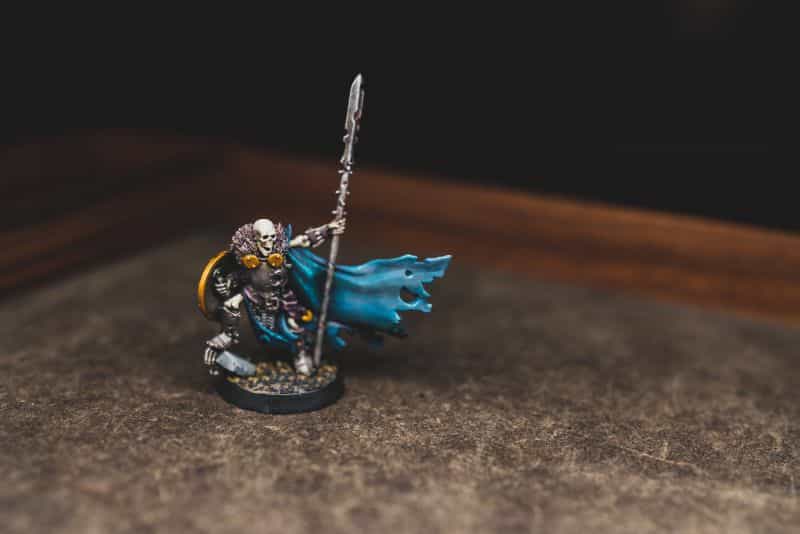
Making money on commission means trading time for dollars, and this often puts artists in an awkward position of not wanting to put more hours into something they love (because it will make them poorer). So what’s the solution? How can you make more money without trading off your enjoyment of art?
The answer is simple: Treat your side hustle like a hobby, not a job.
This doesn’t mean to only work on your side hustle when you feel like it, or be flippant about when and how often you do it–stay professional–but rather, don’t change the way YOU approach your hobby.
What do I mean by this? Don’t let money change the way you regard your art; You should not be thinking of ways to spend less time on a project so you can get paid as soon as possible.
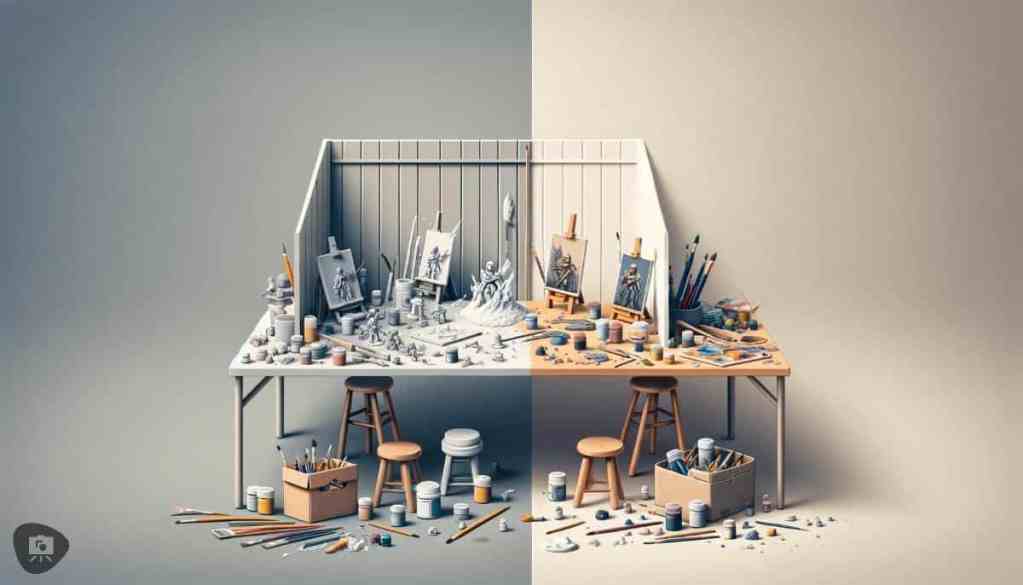
Instead, focus only on creating the highest quality work that you can…and don’t sweat about when or how you will be paid for it! This mindset is crucial as you begin taking your artwork more seriously and looking at ways to monetize it.
Maximize quality and profit, and minimize time? Sounds like a trifecta, doesn’t it? It is–but only if you can do it without sacrificing your passion for art.
Imagine if every commission project was something new and interesting that you enjoyed working on! Can you think of anything better than that? I can’t.
There are a number of considerations to take into account when thinking about starting a side hustle, but if you focus on quality and passion above all else, your transition from hobbyist to professional will be smooth and exciting.
A Better Way to Think About Making Money with Your Hobbies
Instead of worrying about making money or having to maximize my efforts, I can just enjoy doing what I love.
There is no final price-tag on the end result and thus there is no pressure. If someone wants a painted item and pays me for it, then great! I often charge much less than others would for painting miniatures for the same the level of quality. Lowering my price below “fair market value” gives me some freedom to be creative, lower expectations, and gives me a chance to express myself artistically.
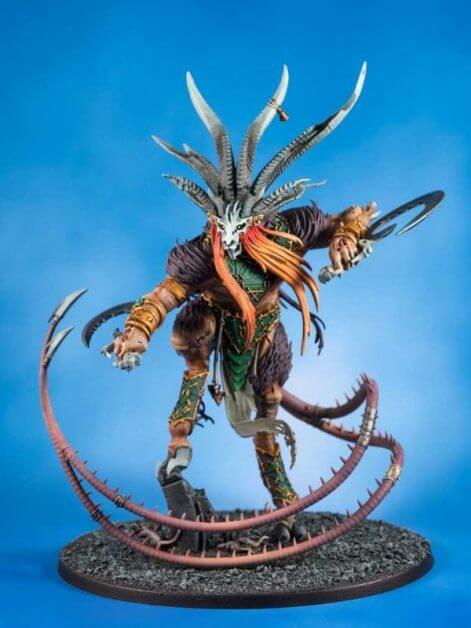
I’m also compelled to only take jobs that I think are worth my time and where I know I can add value to the community.
Encompassed in the cost for my work, I feel that a part of my commissioned effort is “sharing” my art with the world in a way I personally find satisfying. It’s hard to explain, except that I feel content sharing with my abilities whatever they are when I think they are appreciated.
Why Get Paid at All for Painting Miniatures?
I’m very grateful that people are willing to compensate me for my effort painting miniatures. I’ve always been way more interested in the social aspect of being a professional miniature artist. The vulnerability you have to be willing to share your work with others and invite critique from those who you work for and are also passionate about the hobby is a challenge that I have accepted and embrace through commissioned work.
I don’t want to paint simply because it’s profitable or means to an end. I want to paint because I enjoy the creative process. The only way I can enjoy painting miniatures is if it’s not directly tied to how much money I make, but instead ties into my life goals–even happiness itself.
I enjoy sharing my passion with others and in turn, inviting them to share their passions with me. I love engaging with others in the hobby community, and painting professionally is an avenue I get to do that.
Ultimately, the profit I make from painting for others is returned right into the hobby, as I pay for new paint colors and brands, and try out new tools, techniques, e.g., brushes, airbrushes, and other gadgets. In fact, commissioned painting has allowed me to expand my skillset into areas I would not have otherwise explored. I suppose in many ways, this is the greatest reward–I can take new risks with my art.
Conclusion
I hope you enjoyed this write-up of my thoughts about making money with painting miniatures as a commissioned painter.
This article is a lead-up to a new series I will be running on my blog about sidestepping the “painters block” curse while side hustling. So if you enjoyed this article, stay tuned for more!
Don’t forget to leave a comment below! I love talking with all of you.
Until next time.. Happy Painting!
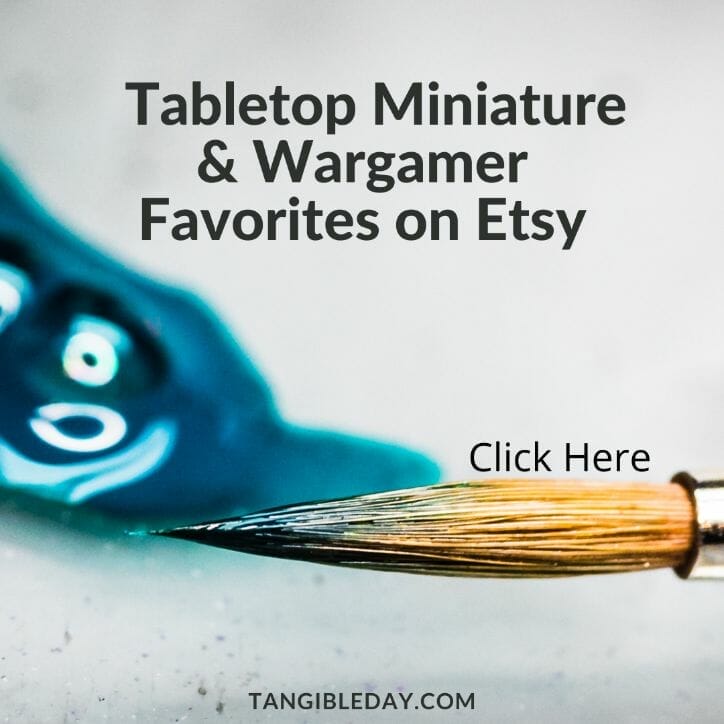

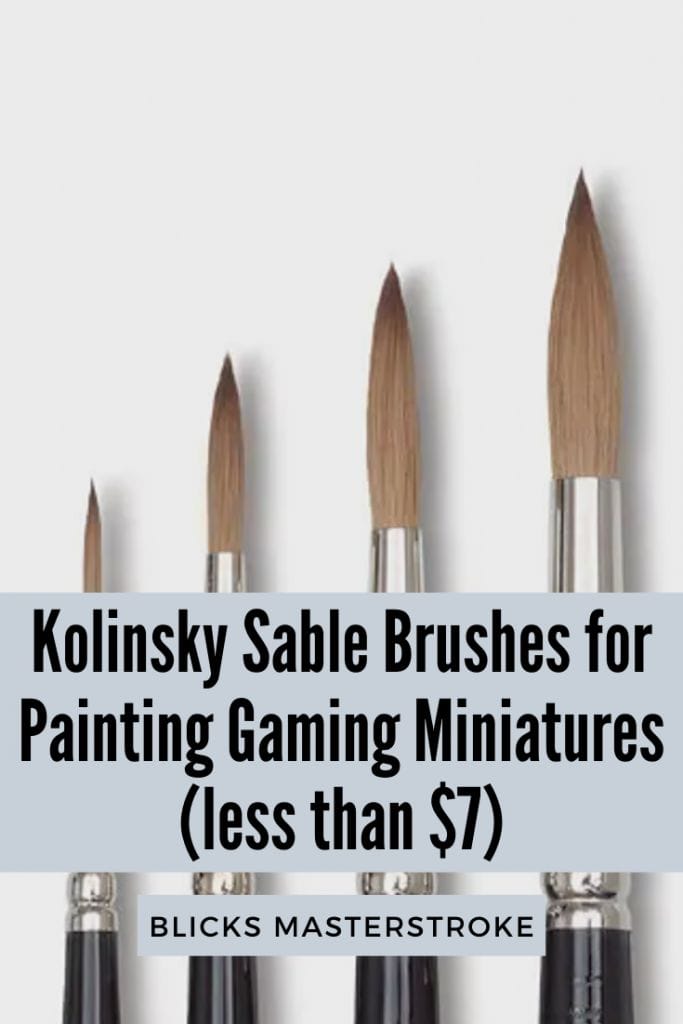
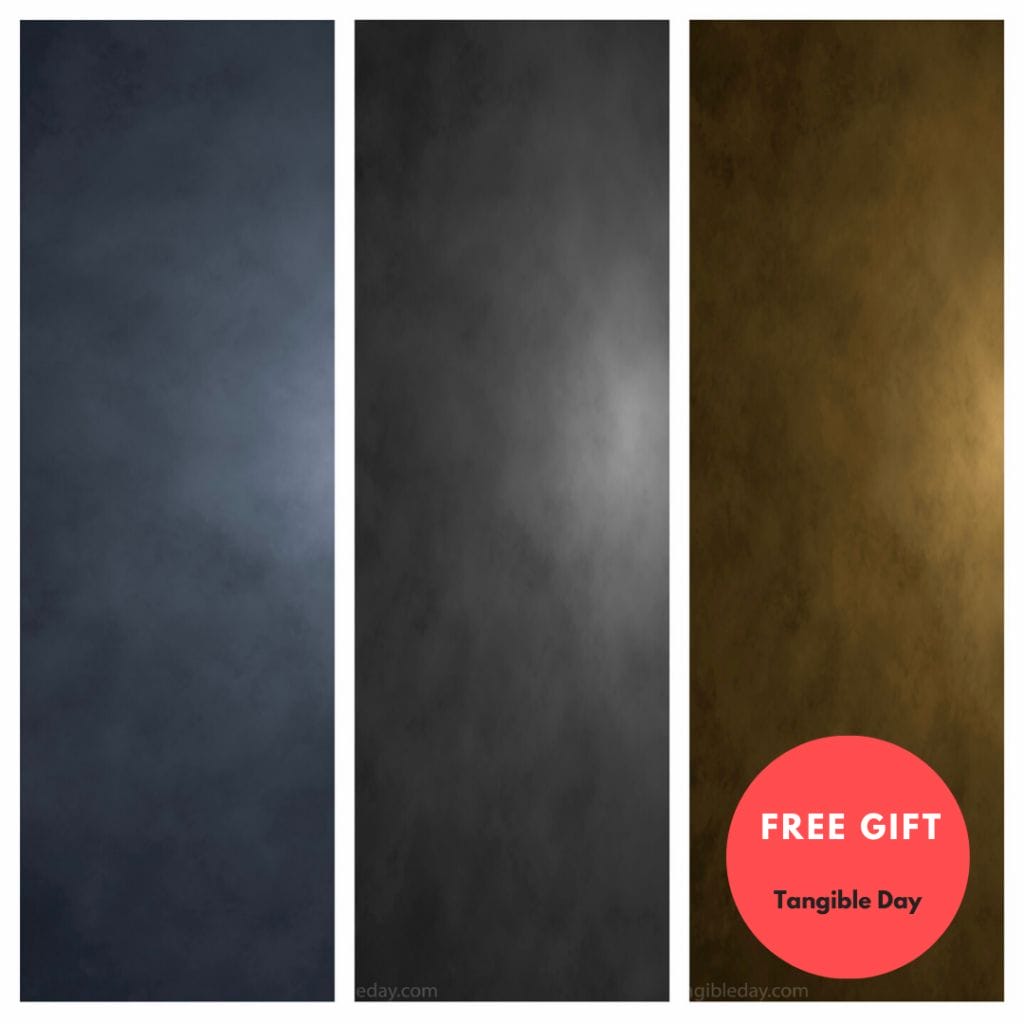
Tangible Day on YouTube (Miniatures and More!)
